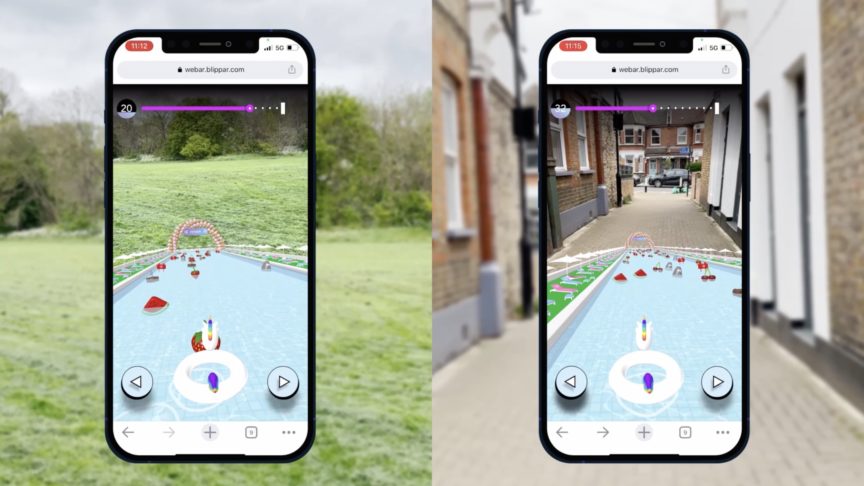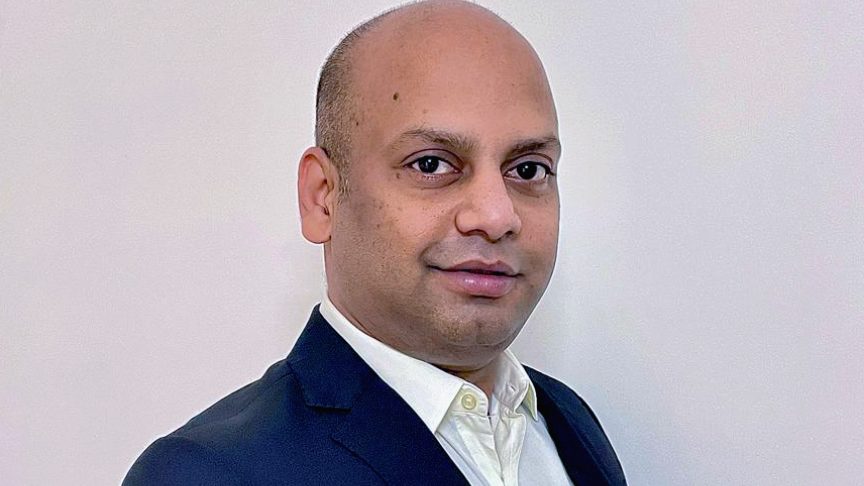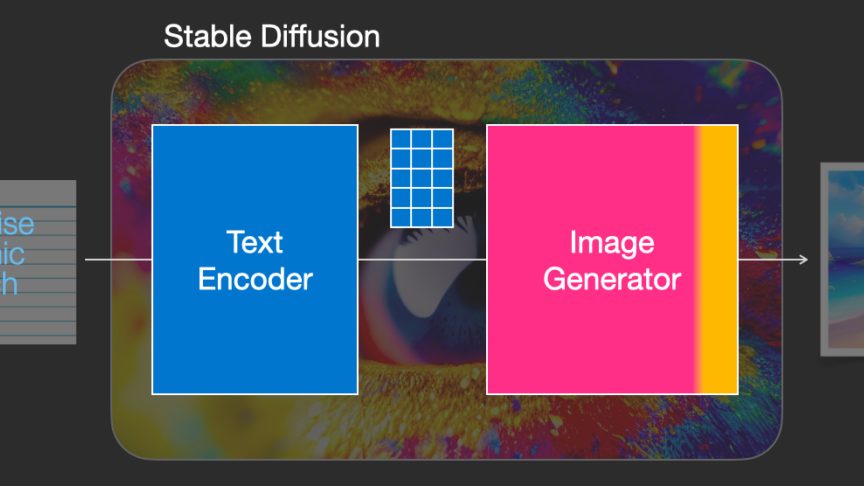Pharmaceutical companies should use social media in clinical trials
July 14, 2015
Pharmaceutical companies should use social media in clinical trials

Natasha Gomer is a Senior Brand Partner at Blippar, managing client relationships in verticals including retail and health. Here, in an abridged article first published in Brandwatch, she explains why social media is such fertile ground for clinical trials. Read the full article in Brandwatch.
The rise of the empowered patient has seen pharmaceutical companies increasingly recognising the role social media can play in clinical trials, and addressing some of the related challenges around patient recruitment and trial planning and design.
Clinical trials represent a significant proportion of a product’s total development cost (up to 60% according to EFPIA) and delays can impact a product’s time-to-market by months, representing revenue-loss of up to tens of millions of dollars. Competition for patients – in particular for ‘rare’ diseases and niche indications, coupled with the decreasing effectiveness of traditional recruitment tactics – are driving costs up and causing delays.
The need for a faster and more globally scalable approach to clinical trials is clear, and social intelligence is a key part of the solution.

Social media is already used for patient recruitment on an estimated 11% of all trials globally, and this number is expected to grow, with 9 of 14 companies planning to increase adoption of social media to recruit in the U.S. and 5 of 12 planning to do so in Western Europe (Tufts, TCSDD, 2014).
Social listening is key in effective clinical trial planning and design. Extended monitoring programs identify where conversations about specific disease topics take place and the messaging that resonates best with patients and caregivers. This will ensure recruitment of the correct participants. Pharma still lags behind many other industries in social media use – primarily due to the ‘listening as liability mindset’ associated with reporting of Serious Adverse Events (SAEs).
Leveraging social media for clinical trials in particular also raises questions around patient confidentiality and privacy and data protection. These concerns are for the most part, easily mitigated. Under current FDA guidelines, our experience is that adverse event reporting through social media channels, very rarely presents an issue for pharmaceutical companies.
Regarding confidentiality and privacy, using only consented and publicly available data, social intelligence does not contravene the ethical approach to clinical trial recruitment and doesn’t misuse confidential information or jeopardize the privacy of individual patients. Confidentiality is already addressed by other regulation on the use of personal data from long standing major data sources such as prescription data.

A number of early efforts by pharma companies harness digital channels for patient recruitment to clinical trials. Most tactics used centre on leveraging social media and are underpinned by some level of online monitoring.
Lilly piloted social media recruitment for trials in diabetes that achieved a ‘meaningful volume of responses’, and cost savings of 10-15 per cent. Canadian biopharma company Qu Biologics tapped into social media to boost trial participation for its phase I/II trials of its Crohn’s disease treatment. Pfizer developed a ‘virtual clinical trials’ pilot, where patients used social media to influence reimbursement and direction of research (ultimately unsuccessful but Pfizer has vowed to keep trying to find the best way to harness digital for trial recruitment).
Social intelligence has the potential to uncover and engage with highly targeted patient populations faster and on a more scalable basis than is possible with traditional trial recruitment methods. Progressive pharma companies are already taking action, refining their approaches and reaping the rewards that come with getting their product to market faster and at lower cost.


